How to Get rid of Bruising After Rhinoplasty?
Facial Plastic Surgery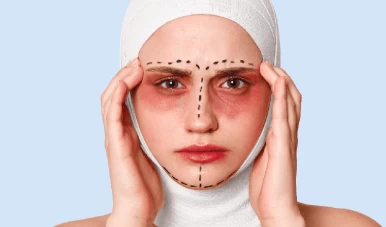
ruising is a common complication after a nose job surgery. It involves the discoloration of undersurface skin that usually appears around the eyes, cheeks, and nose. The degree of nose job bruising can vary from person to person, depending on factors such as the patient's skin type, surgical technique, surgeon skill, and complexity of the procedure. Read this article to learn about the causes of bruising after rhinoplasty, the areas involved, the recovery timeline, and how to reduce rhinoplasty bruising.
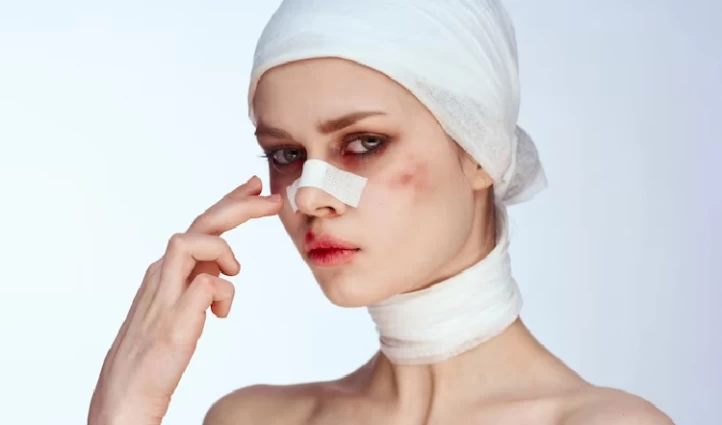
What Are Causes of Bruising after Rhinoplasty?
Rhinoplasty bruising is primarily due to the trauma and manipulation of tissues during the surgery. This can damage the blood vessels in the nasal area, resulting in bleeding and subsequent bruising. Other factors increasing the risk of nose surgery bruising include the patient's skin type, the surgical technique used, the procedure's complexity, the surgeon's experience, and the patient's age.
How to Reduce Bruising after Rhinoplasty?
Bruising following rhinoplasty cannot be avoided. Nonetheless, a few post-operative care guidelines help reduce bruising and promote the quickest possible healing following a nose job. Here are some aftercare pointers:
- Be patient
- Apply cold compresses
- Elevate the head
- Steer clear of demanding activities
- Steer clear of the sun and heat.
- Drink plenty of water
- Follow post-operative instructions
- Avoid blood-thinning medications
- Eat a healthy diet
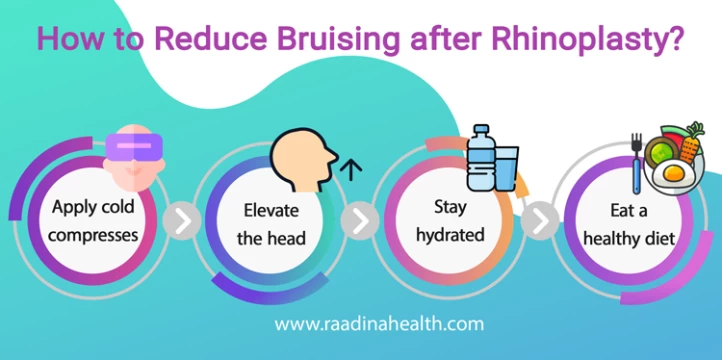
Be patient
Bruising will eventually go away and is a normal aspect of the healing process. It's crucial to exercise patience and let the body heal itself at its own rate.
Apply cold compresses
Following a rhinoplasty, applying cold compresses to the surgical site can help minimize swelling and severe bruising. Several times a day, gently apply a clean cloth or towel-wrapped ice pack to the afflicted area for ten to fifteen minutes at a time.
Elevate the head
One way to lessen the bruising from nose surgery is to keep the head up when you sleep or rest. To keep the head up, use an additional pillow.
Steer clear of demanding activities
Bruising can be made worse by physically demanding activities or exercises that increase blood flow to the face. It is best to refrain from such activities for a few weeks following a nose job.
Steer clear of the sun and heat
Avoid heat exposure, direct sunlight, hot showers, saunas, and steam rooms as much as possible during the first few weeks following nose job surgery because heat can lengthen the healing period.
Drink plenty of water
Water retention can be avoided and nasal inflammation can be lessened by drinking lots of fluids. It enhances blood flow as well.
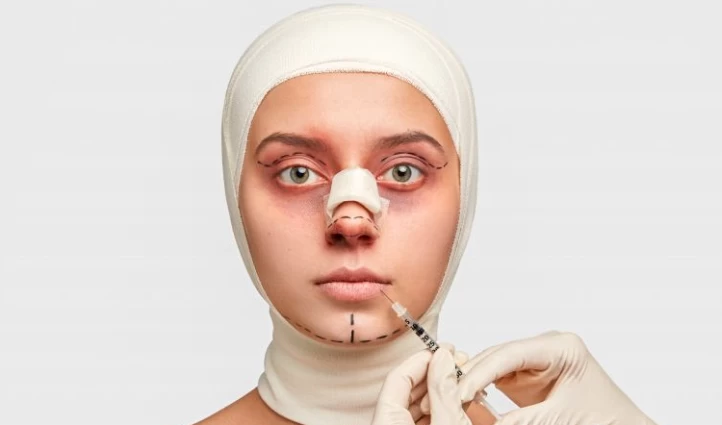
Follow post-operative instructions
Any prescription drugs or topical treatments may be included in the surgeon's post-operative instructions. To guarantee the best possible healing and reduce bruising, carefully follow these instructions;
Avoid blood-thinning medications
Aspirin, ibuprofen, and herbal supplements are among the drugs that can thin the blood and raise the risk of bruises. These drugs must be avoided unless the surgeon gives special instructions.
Eat a healthy diet
Eating fruits, vegetables, and leafy greens that are high in vitamins C and K can speed up healing and lessen bruises.
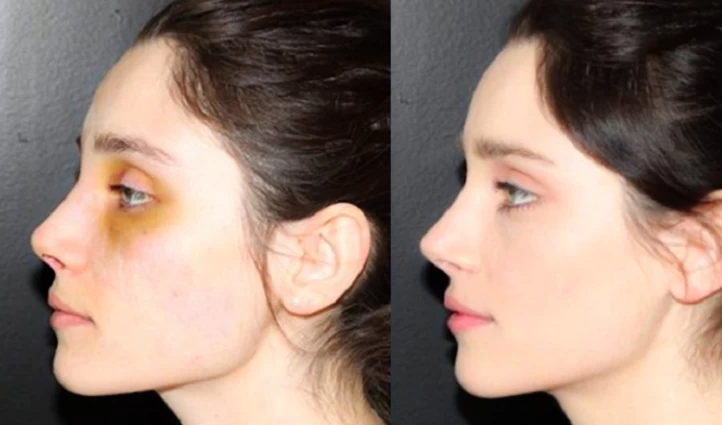
What Are Nose Job Bruising Recovery Stages?
After rhinoplasty, bruising is a normal part of the healing process and can happen to anyone. It typically appears around the eyes, cheeks, or upper lip due to the proximity of the surgical site and the pressure applied during the procedure. The bruises change color in stages and then go away over time, as follows:
- • Immediately after surgery to Day 3: Bruising is at its worst, with the most bruising happening around Days 2 and 3. It looks dark red, purple, or black, and it may spread to the cheeks or upper lip because of damage to blood vessels and tissue.
- • Days 3–7: The bruises start to fade and turn yellow or green. During this time, the swelling usually starts to go down, but some puffiness may stay.
- • Days 7–14: The bruises keep getting lighter and less noticeable. Swelling might still be present, but it should decrease even further.
- • Weeks 2–4: Most bruises go away by weeks 3–4, but there may still be some discoloration, usually light brown or yellow. You can usually hide this with foundation or concealer.
Where Does Bruising Appear after Rhinoplasty?
Bruising after a nose job typically appears around the eyes and can extend to the cheeks and upper lip. This is because these areas are close to the surgical site, where a lot of pressure is applied during rhinoplasty.
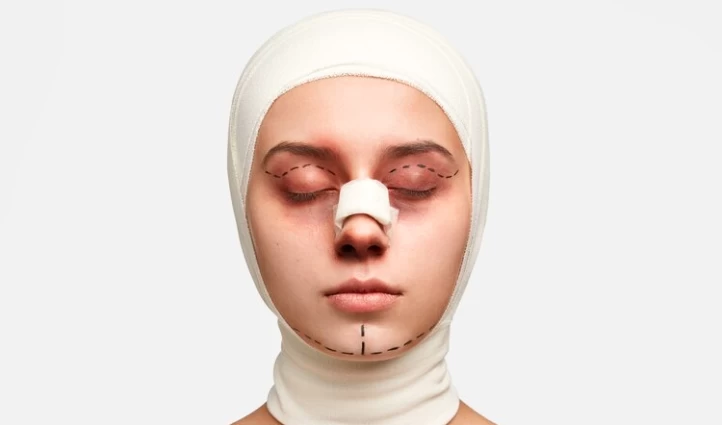
When Is Bruising the Worst after Rhinoplasty?
Patients may start to develop bruising immediately after rhinoplasty surgery. Under-eye bruising after rhinoplasty usually peaks around the second or third day after the surgery. During this time, the bruising may appear more intense and spread to other areas, such as the cheeks. After the initial peak, the severe bruising after rhinoplasty will gradually fade and blend into the skin tone.
When to See a Doctor for Bruising after Rhinoplasty?
Bruising after rhinoplasty is normal, most of which subsides within two weeks. However, patients should see their surgeon on the following occasions:
- If bruising continues to get worse after the first week,
- If bruising is accompanied by severe increasing pain,
- If the swelling gets lumpy,
- If patients observe blood in their urine or stool.
Why Iran for Rhinoplasty?
Rhinoplasty in Iran can be a viable option for individuals seeking this procedure, thanks to the country's advanced medical facilities, skilled surgeons, affordable prices, and comprehensive range of techniques.
The cost of rhinoplasty in Iran is generally more affordable than in other countries. Iran also offers a wide range of surgical techniques and options for rhinoplasty. Surgeons in Iran are well-versed in open and closed rhinoplasty techniques, allowing them to tailor the procedure to each individual's specific needs and desired outcomes.
Furthermore, Iranian plastic surgeons are known for their attention to detail and artistic approach to rhinoplasty. They strive to achieve natural-looking results that enhance overall facial harmony and balance.
Contact us at Raadina Health for more information about rhinoplasty in Iran. We can link you to the most reputable and experienced Iranian surgeons to ensure the best results.
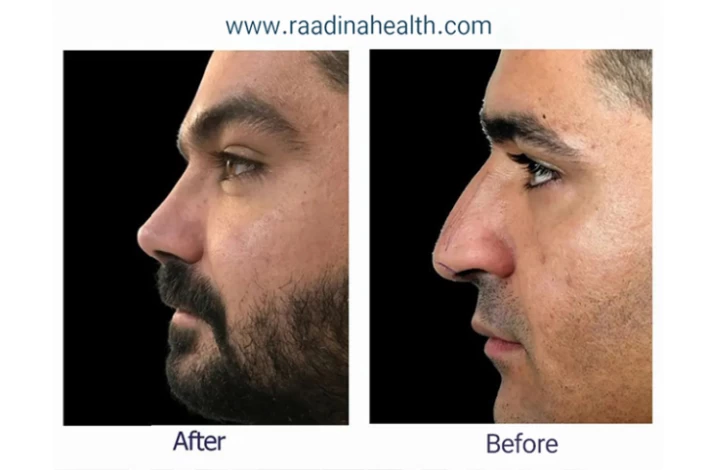
Frequently Asked Questions about Bruising after Rhinoplasty
1) How long does it take to look normal after rhinoplasty?
The initial nose surgery bruising and swelling take 1-2 weeks to subside. However, it can take several months for the nose to heal fully and for the final results to become apparent.
2) Will the bruising affect the final results of my rhinoplasty?
No, the bruising itself will not affect the final results of rhinoplasty. It is a temporary side effect of the surgery and will fade as the patient heals. The final results of rhinoplasty will become apparent once all bruising has subsided.
3) What should I do if I notice excessive or prolonged bruising after rhinoplasty?
If you experience excessive or prolonged bruising, it is important to contact your surgeon. They can evaluate your condition and provide appropriate guidance or treatment if necessary.
4) Are there any risks associated with bruising after rhinoplasty?
While bruising is a normal part of the healing process, monitoring for signs of infection or complications is essential. In the case of excessive pain, increasing swelling, or other concerning symptoms, it is important to consult the surgeon promptly.
5) Can makeup be used to cover up bruising after rhinoplasty?
Makeup can be used to help conceal. However, it is important to wait until the incisions have fully healed before applying makeup to the nose area to avoid infection or irritation.
6) Is it normal to have asymmetrical bruising after rhinoplasty?
Due to blood flow and tissue response variations, asymmetrical bruising is expected after rhinoplasty. Asymmetry in bruising does not necessarily indicate an issue with the surgery and usually resolves as healing progresses.
7) I got a nose job, but I have no bruising. Is it normal?
Some people experience little or no bruising after rhinoplasty, which is normal. Having no bruising means you have good skin quality, took postoperative care seriously, or your surgeon was very experienced.

 WhatsApp
WhatsApp
 Telegram
Telegram
 Facebook
Facebook
 Email
Email

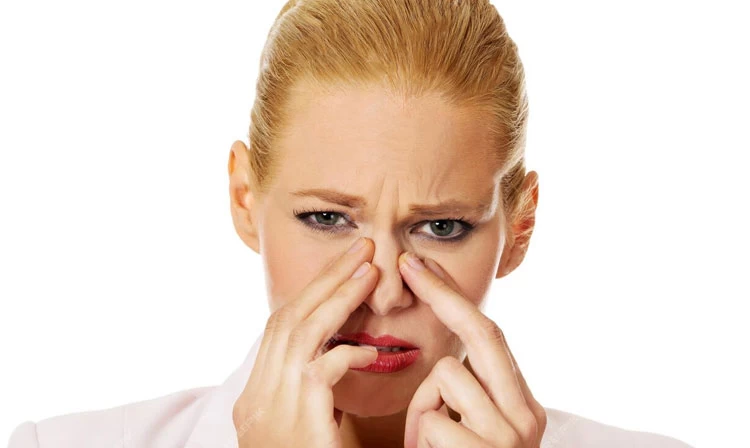
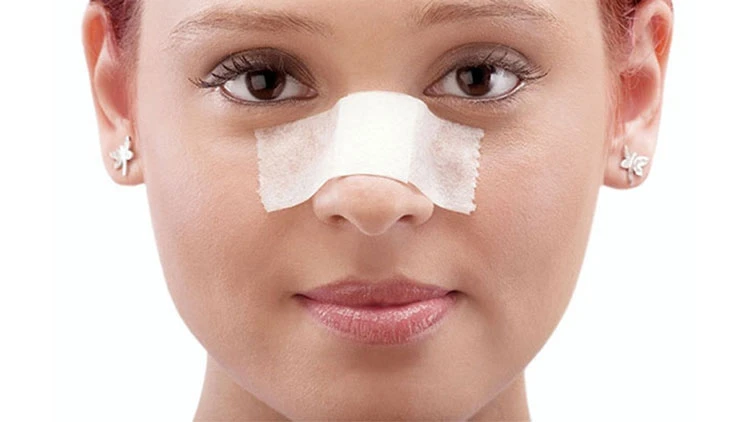
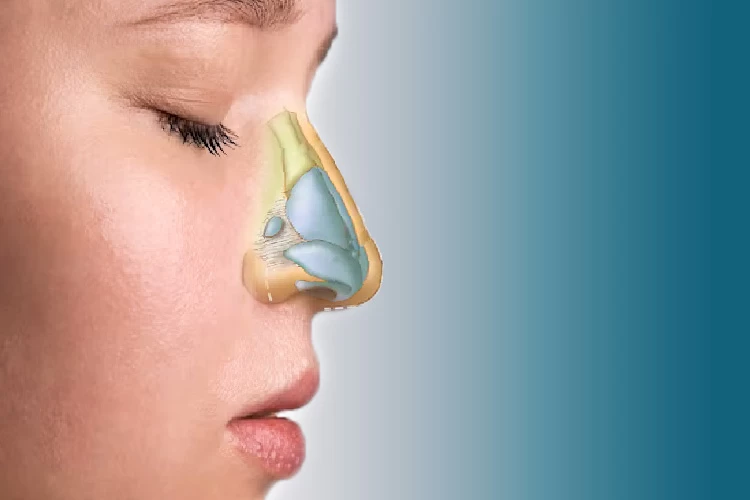
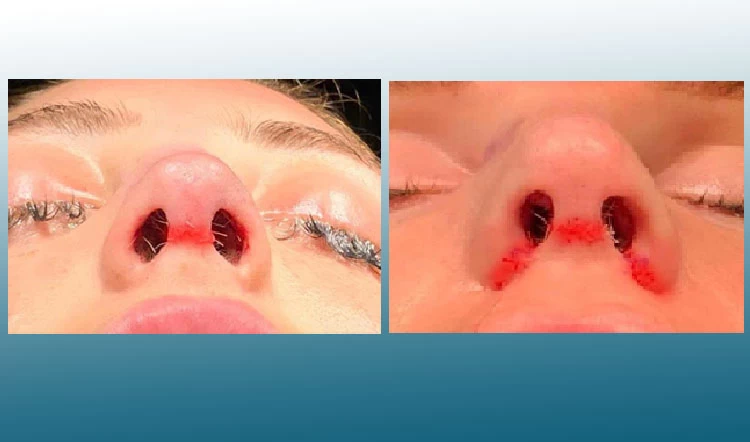
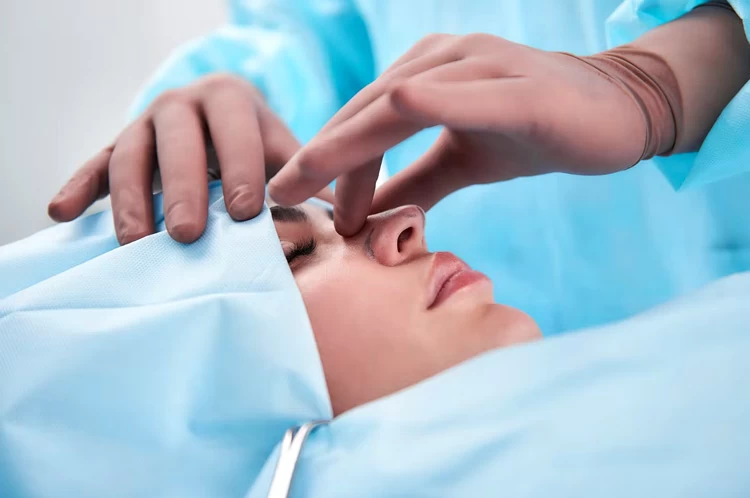
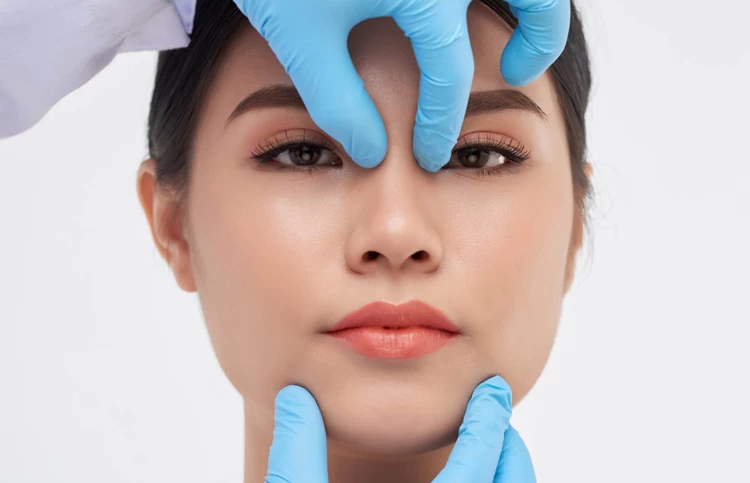
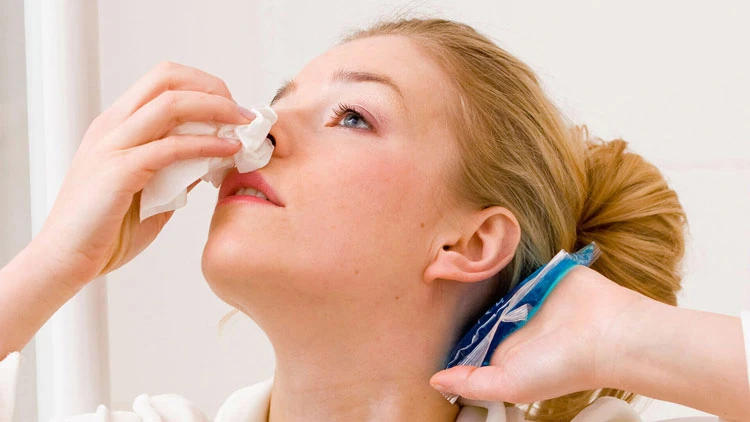

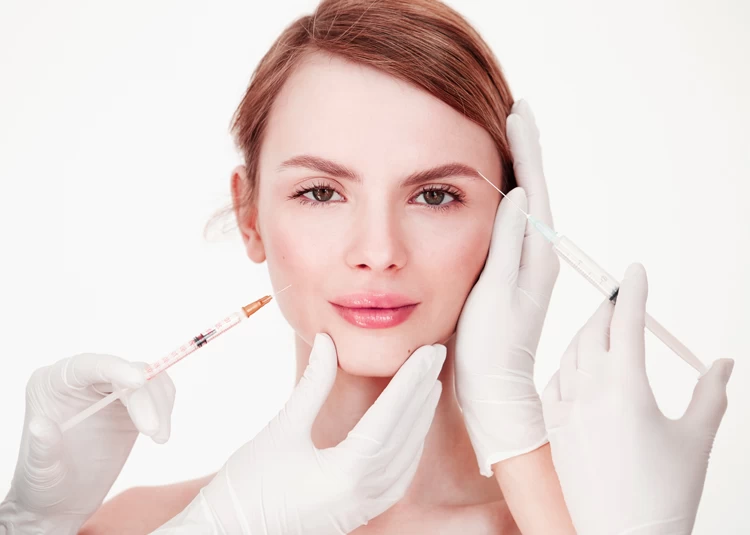
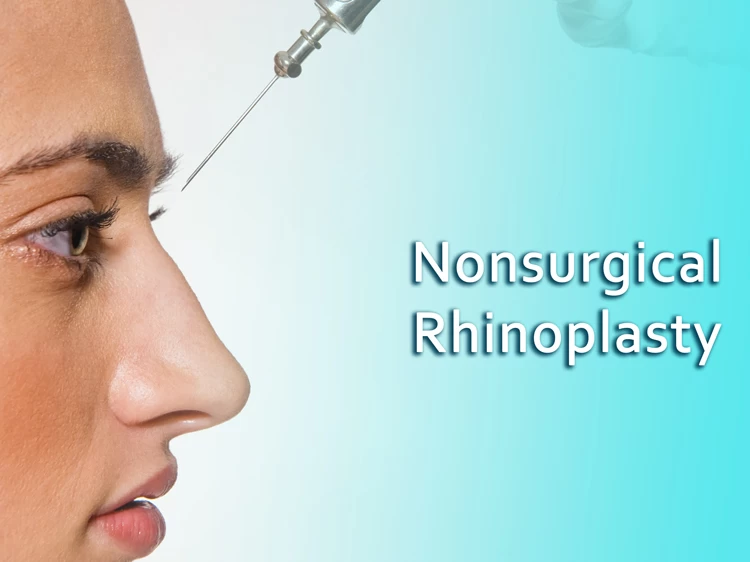
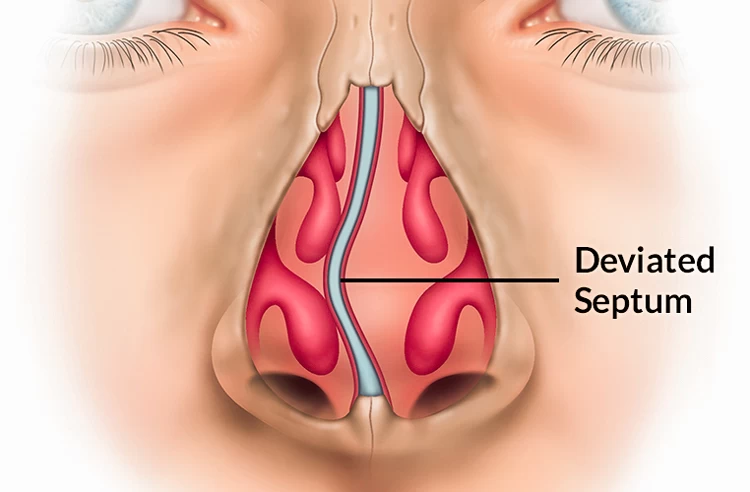
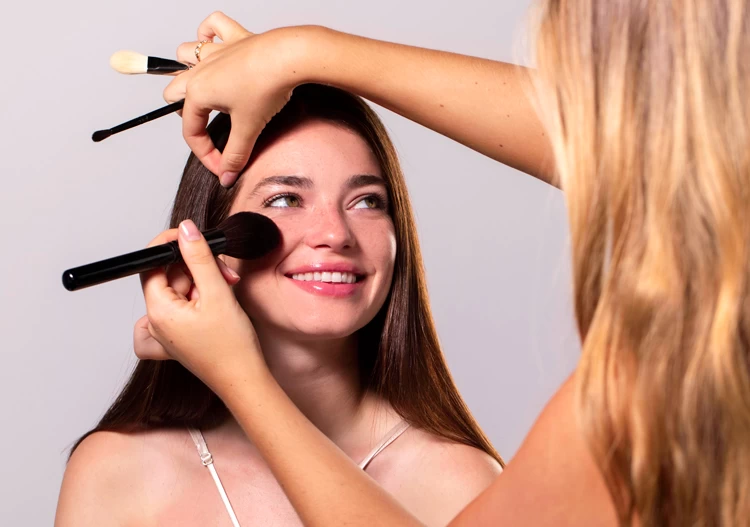
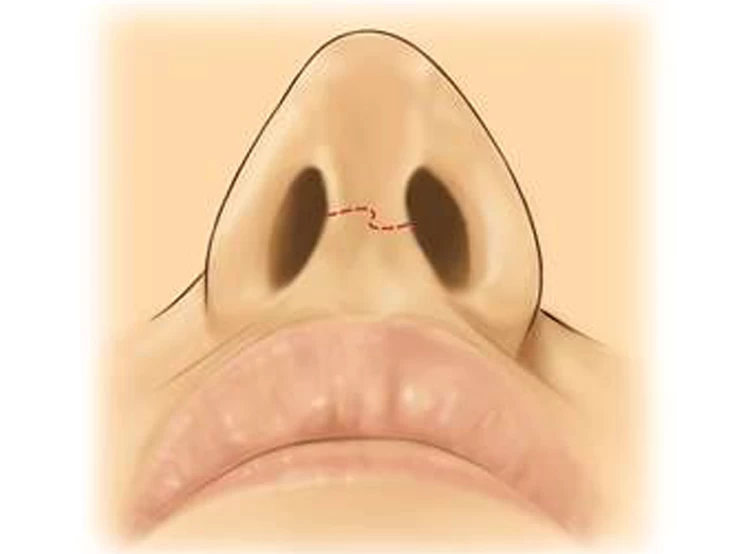
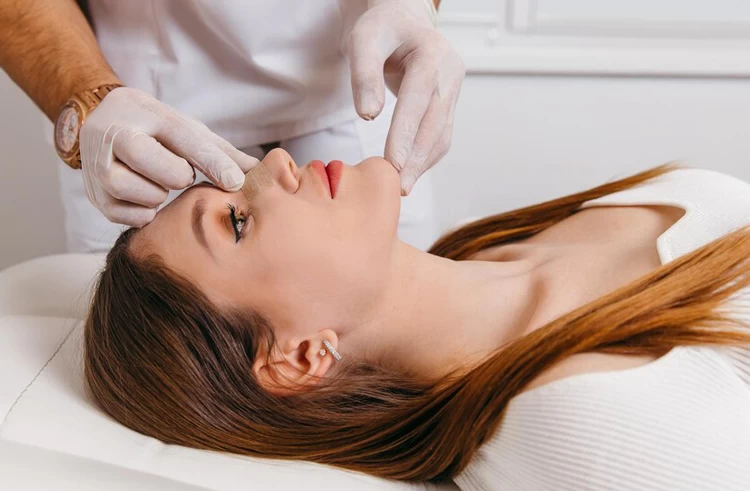

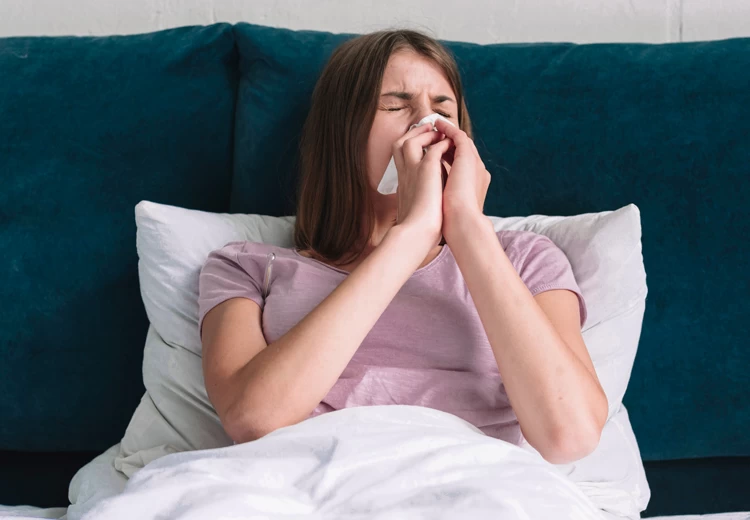
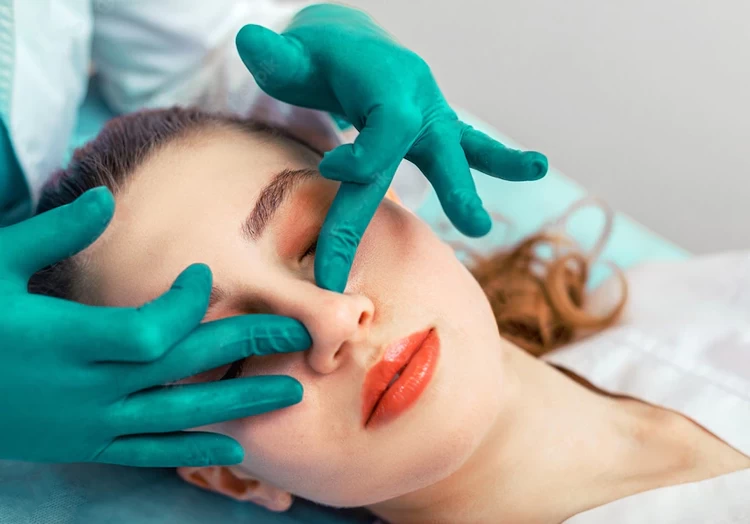
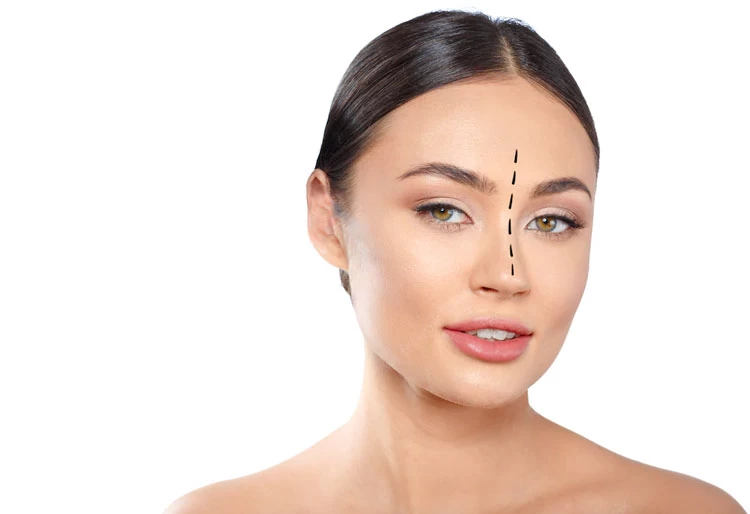

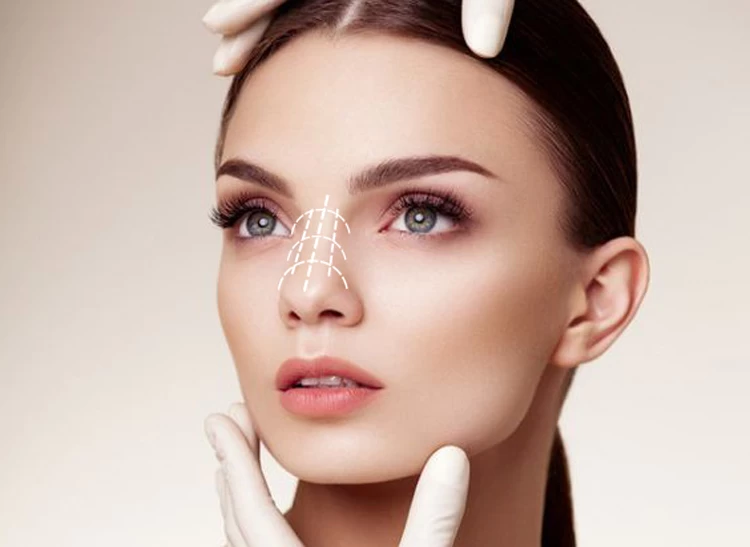
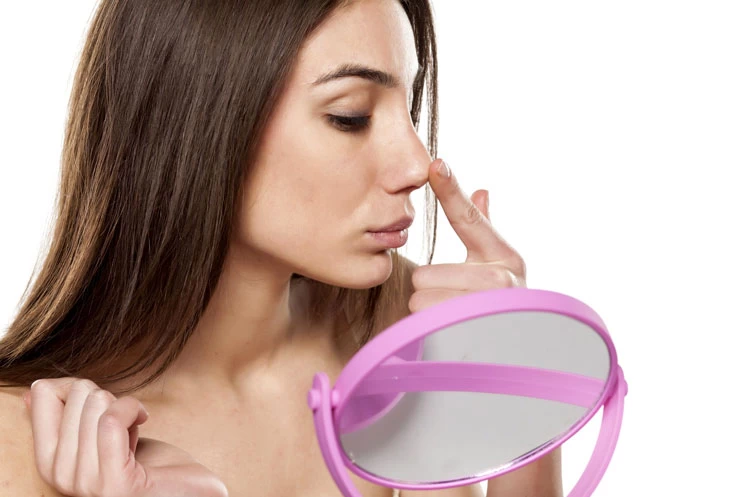
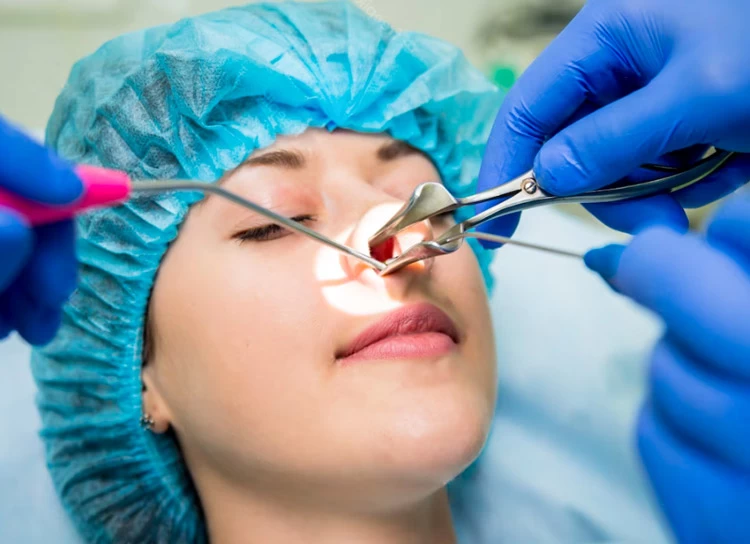
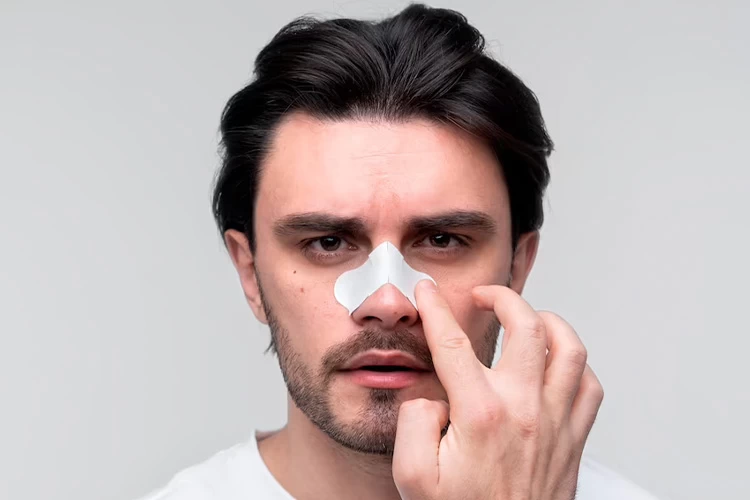
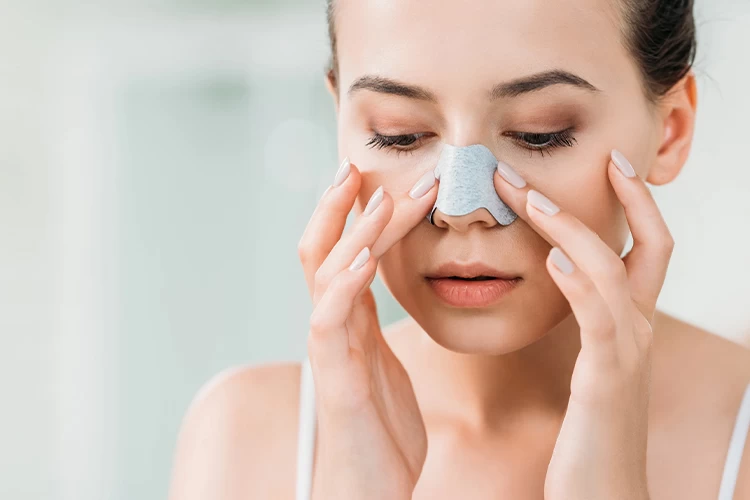
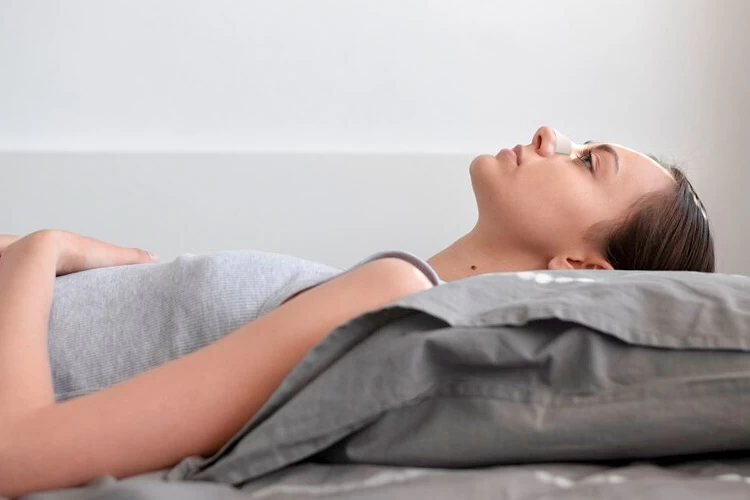
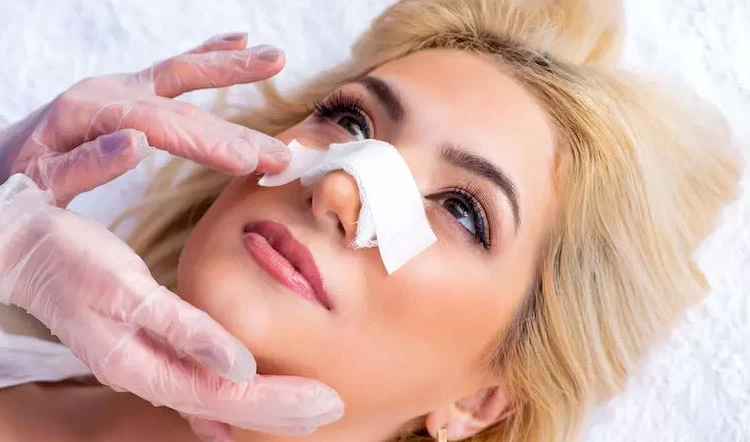
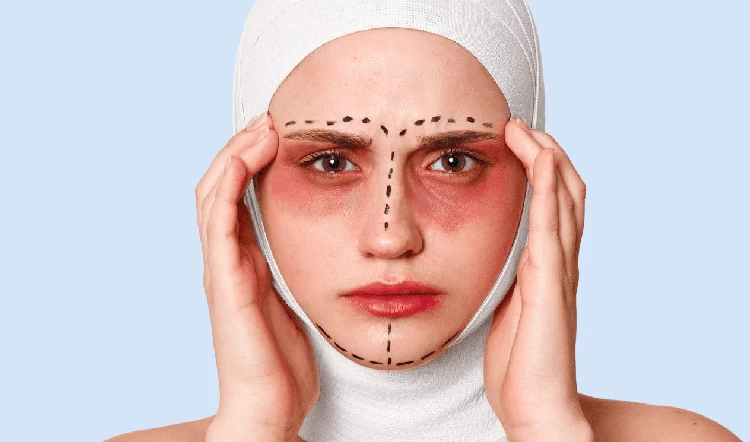
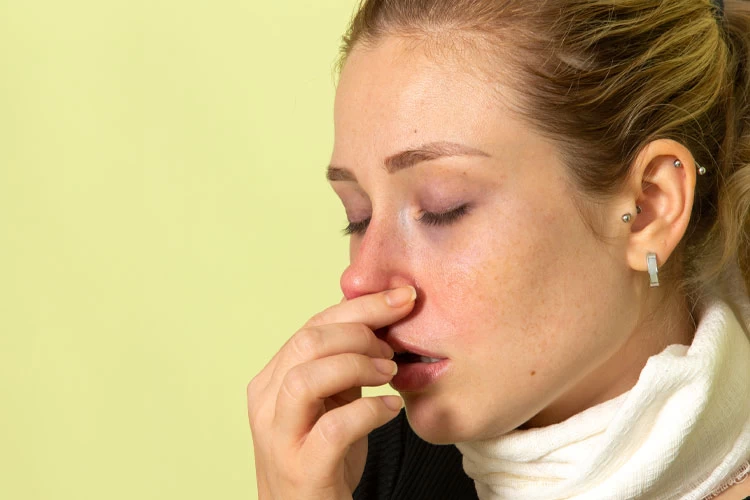
No reviews
Your comment